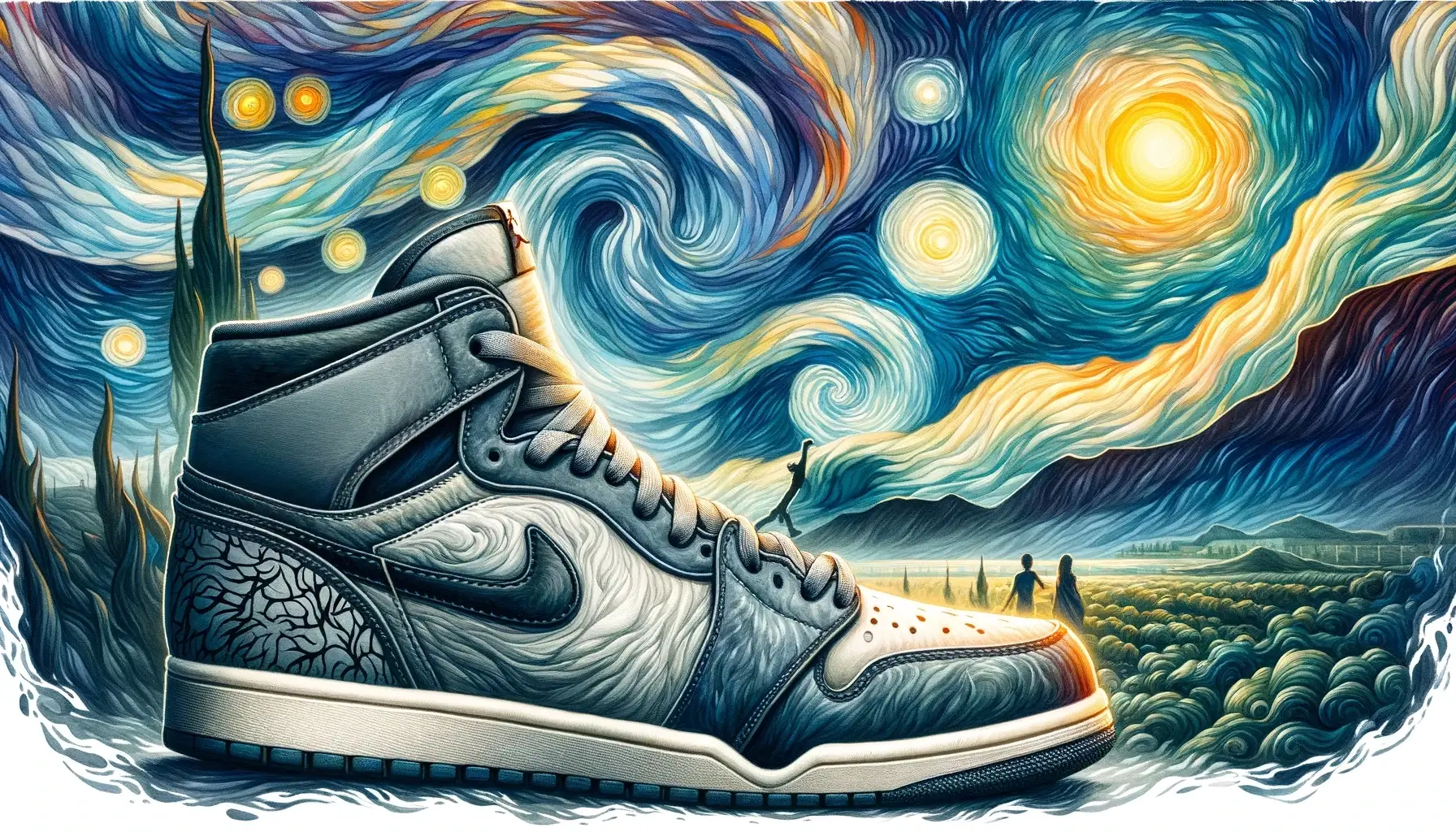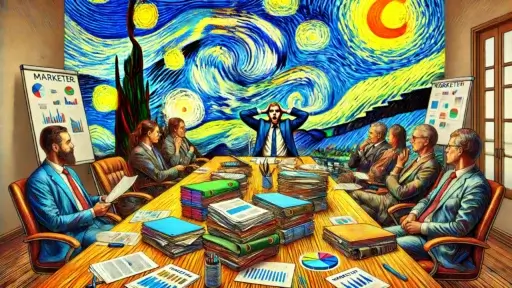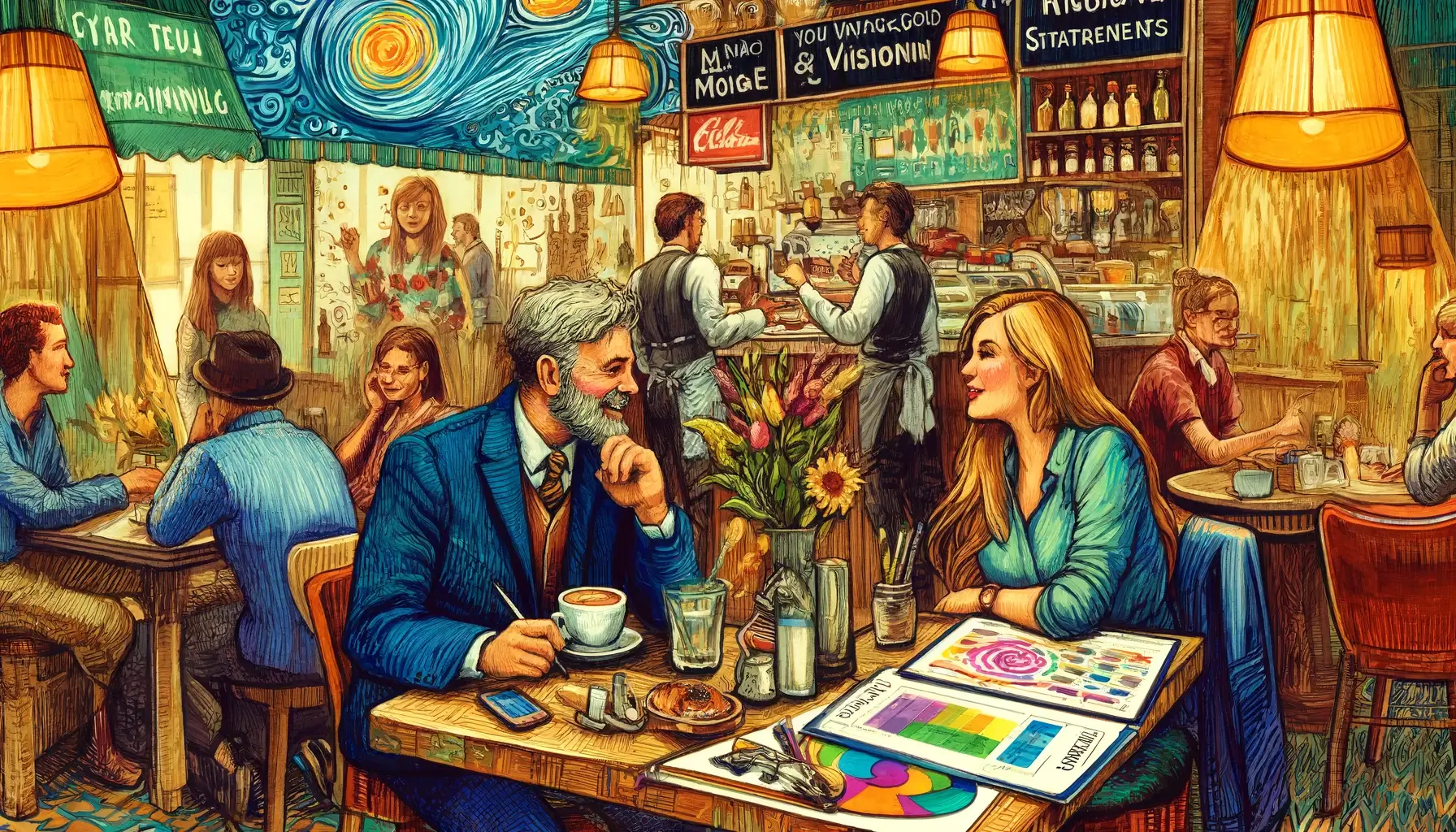“Nike didn’t discover the power of advertising, Nike discovered the power of their own voice.”
Dan Wieden
There was once a time when Nike’s shoes were just shoes. They were comfortable and reasonably priced, but they were just that—shoes.
Now, you can’t so much as think about jogging without a vision of that iconic swoosh and the whispered mantra of “Just Do It.” It’s almost as if the gods of marketing themselves etched that phrase into our collective unconscious. But let’s be real here, Nike didn’t just stumble upon this stroke of brilliance by hanging out at advertising conventions, sipping stale coffee, and nodding at PowerPoint slides. No, Nike discovered the power of their own voice, and boy, did they ever use it.
Imagine Nike as that quiet kid in school who finally finds their courage at the talent show. They didn’t win because they belted out the highest note; they won because they sang with heart. Nike’s heart was in recognizing that sports aren’t just about winning or losing. They are about grit, determination, and that euphoric sense of accomplishment. By zeroing in on these human truths, they crafted a voice that resonated on a universal scale.
Now, take a gander at other brands that have figured out the same magic trick. Apple, for instance, is not just peddling electronics; they’re selling a lifestyle. They’re whispering in our ears, “Think different.” And with every sleek design and minimalist aesthetic, they’re inviting us to join a community of the creative and the bold. They don’t just tell us what they do—they show us who they are.
And then there’s Dove. Before Dove decided to speak out loud, the beauty industry was one giant echo chamber shouting, “You’re not good enough.” But Dove, in their infinite wisdom, stepped up to the microphone and said, “Hey, you’re more than enough.” They didn’t just sell soap—they sold self-esteem, and their voice, dripping with authenticity and compassion, made us all lean in a little closer.
Now, let’s bring it back to Nike. When they told us to “Just Do It,” they weren’t just talking about running a marathon. They were encouraging us to tackle life’s challenges head-on. They were saying, “Hey, you, yes you! You can do this.” And suddenly, buying a pair of Nikes wasn’t just a purchase; it was an affirmation. It was joining a club of doers, of people who stare adversity in the face and lace up anyway.
But here’s the kicker—Nike didn’t start with the intention to conquer the world. They started with a simple, authentic voice that grew louder and more confident over time. So, what’s the lesson here for other brands? It’s not about having the loudest voice in the room. It’s about having a voice that’s unmistakably yours. It’s about standing for something, anything, that you genuinely believe in.
Think about Patagonia. They’re not just an outdoor clothing company; they’re a brand on a mission to save the planet. When they say, “We’re in business to save our home planet,” they’re not mincing words. Their actions, from using sustainable materials to encouraging consumers to buy less, all scream authenticity. They’ve built an entire experience around their perspective, and their customers aren’t just buyers—they’re believers.
So, my friends, take a page from Nike’s playbook. Discover the power of your own voice. Let it be raw, real, and unmistakably you. Create experiences that echo your perspective in every touchpoint. And remember, it’s not about having all the right words—it’s about having the right ones for you.
In the end, it’s not the catchy slogans or the million-dollar ad campaigns that make a brand unforgettable. It’s the voice that dares to be different, to stand for something, and to create experiences that resonate with the core of who we are.
So go ahead, find your voice, and just do it.





